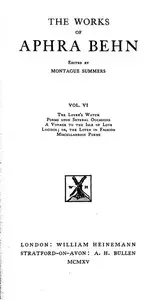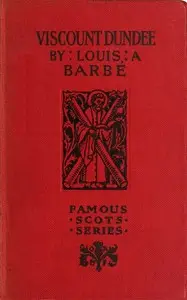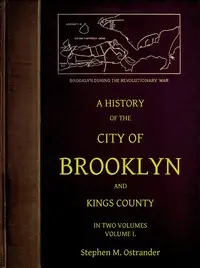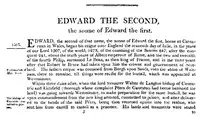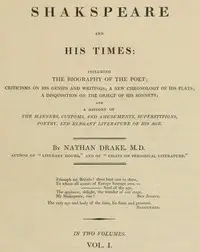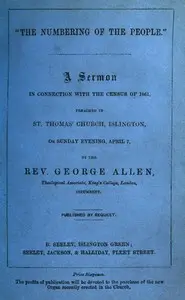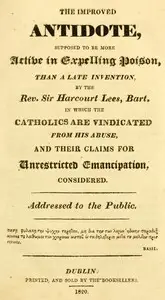"The Works of Aphra Behn, Volume IV" by Aphra Behn is a collection of comedic plays written in the late 17th century. This volume features notable works such as "Sir Patient Fancy," "The Amorous Prince," "The Widow Ranter," and "The Younger Brother," each exploring themes of love, deception, and social commentary through engaging character dynamics. The collection showcases Behn's perspectives as one of the first professional female playwrights, providing a glimpse into the complexities of human relationships in her time. The opening portion introduces "Sir Patient Fancy," focusing on Sir Patient, a wealthy but hypochondriacal alderman, who has taken a much younger wife, Lucia. Despite his affectionate demeanor, Lucia is secretly in love with another man, Charles Wittmore. The comedic tension unfolds through misunderstandings, mistaken identities, and playful deception as various characters navigate romantic entanglements and societal constraints. As Sir Patient becomes increasingly convinced of his own ailments, his fears and jealousy prevent him from noticing the true dynamics at play, setting the stage for humorous conflicts and resolutions as the plot develops. (This is an automatically generated summary.)

The Works of Aphra Behn, Volume IV
By Aphra Behn
"The Works of Aphra Behn, Volume IV" by Aphra Behn is a collection of comedic plays written in the late 17th century. This volume features notable wor...
Aphra Behn was an English playwright, poet, prose writer and translator from the Restoration era. As one of the first English women to earn her living by her writing, she broke cultural barriers and served as a literary role model for later generations of women authors. Rising from obscurity, she came to the notice of Charles II, who employed her as a spy in Antwerp. Upon her return to London and a probable brief stay in debtors' prison, she began writing for the stage. She belonged to a coterie of poets and famous libertines such as John Wilmot, Lord Rochester. Behn wrote under the pastoral pseudonym Astrea. During the turbulent political times of the Exclusion Crisis, she wrote an epilogue and prologue that brought her legal trouble; she thereafter devoted most of her writing to prose genres and translations. A staunch supporter of the Stuart line, Behn declined an invitation from Bishop Burnet to write a welcoming poem to the new king William III. She died shortly after.

